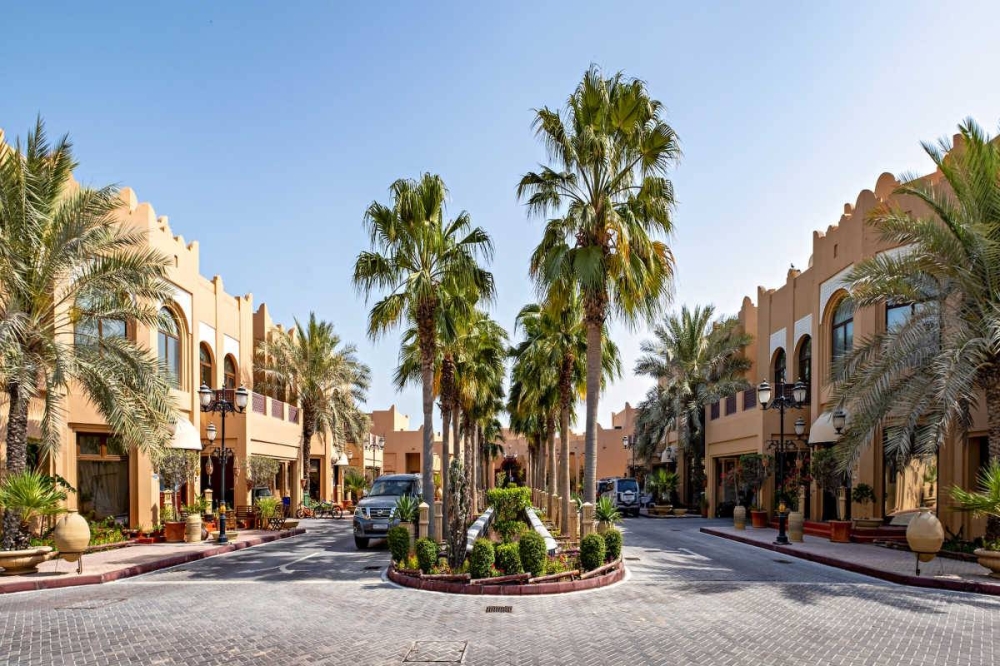Qatar's housing market is in the "midst of a mismatch" between supply and demand, global real estate consultancy Knight Frank said and noted that in one year up to Q3-2023, residential sales transactions declined by 18%.
The housing market in Qatar is in the midst of a mismatch between supply and demand, with the latter still lagging the former, sustaining downward pressure on value and rent, Knight Frank said in a recent report.
Furthermore, with the headline interest currently standing at 6.25%, up from 5% last November, affordability issues are being exacerbated, contributing to a decline in residential sales activity.
Despite this, however, the total value of residential sales climbed by 12% over the same period, highlighting the significant price appreciation in some submarkets, such as Doha and Al Daayen municipalities, where prices have risen by 58% and 46% over the last 12 months.
However, the number of transactions in these districts declined by 37% and 38%, respectively, over the same period.
Al Rayyan (235 sales) and Doha (174 deals) municipalities recorded the highest volume of residential transactions during the third quarter, Knight Frank said.
Average villa prices decreased by 2.5% over the past 12 months, falling to QR7,100/sq m in Q3-2023, with West Bay Lagoon commanding the highest sales price at QR8,471/sq m, while Al Kharaitiyat has the lowest sale price at QR5,773/sq m. Neighbourhoods with modern infrastructure and proximity to essential facilities such as schools, hospitals, and shopping centres, offering more services and amenities, tend to command higher sales prices.
Similar to sales prices, rental rates for both villas and apartments have also decreased over the past 12 months.
Lease rates have declined across almost all districts, with West Bay and The Waterfront recording the highest quarterly depreciation, at 24% and 20%, respectively, for average quoted rents for apartments, Knight Frank noted in its report.


